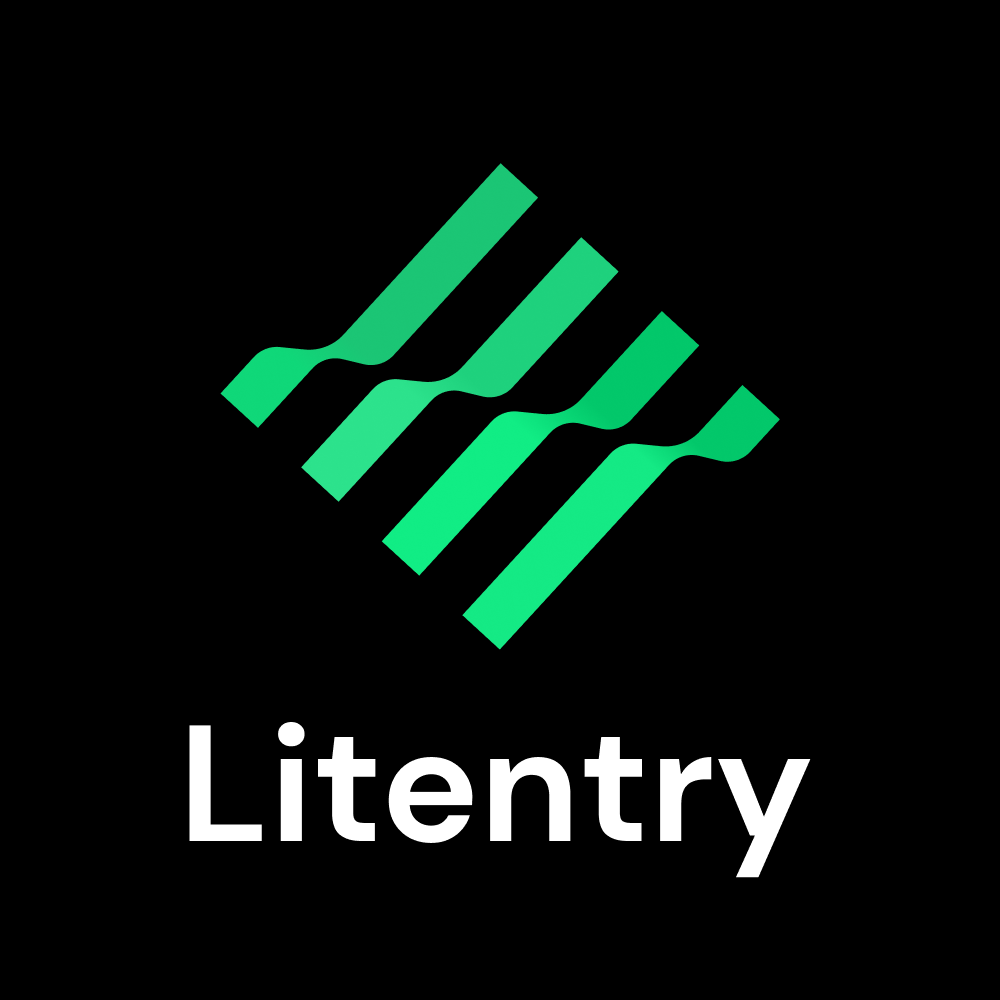This is a follow-up to my first introductory post on Litentry’s technology and use cases. Today, I’m going to talk about how Litentry’s Decentralized Identity (DID) protocol will help to transform the Wall-Street-dominated traditional financial systems. Over the past two weeks, I’m sure you’ve read in the news and all across social media about GameStop’s Reddit-fueled extraordinary share price rise in recent times. Well, unsurprisingly the traditional financial powers in Hedge funds and Wall Street wasn’t too happy about the turn around of events. The small guys weren’t suppose to win right?
We saw the subsequent events in recent times with the Robinhood app stepping in to halt trading of GameStop shares and other Reddit-influenced shares. But aren’t we in a free market? And why doesn’t Robinhood and other large companies step in to halt trading when the small guys are getting crushed by the large funds?
How will DeFi change the status quo
With the rapid adoption of DeFi over the past year, we are starting to see the power of trustless and decentralized financial systems where we can have an equal playground. Smart contracts and DeFi systems doesn’t care whether you are a hedge fund manager or someone flipping burgers at McDonalds. All it cares about is keeping to the program logic and execution of smart contracts. Regardless of whether you have a million dollars to invest or a hundred, you can gain access to the same yields, loans and DeFi applications. Granted, that fees on Ethereum currently favor the whales, however, with more DeFi dapps being built on layer 2 solutions and emerging blockchains such as Polkadot and Binance SmartChain, DeFi will become increasingly accessible to all. And the beautiful thing is that access cannot be halted in a decentralized system.
So how will Litentry fit into the puzzle?

One of the strengths of DeFi is its lack of need to identify users, but because of this, it also restricts the services that are able to be provided. For example, the majority of lending services such as AAVE use a collateralized lending model, where funds need to be locked as collateral in order to draw loans from the system. But with Litentry and its Decentralized Identity (DID) protocol, DeFi can be taken to the next level.
With Litentry’s DID protocol, users are able to preserve their identity whilst at the same time have a credit score assigned to their decentralized identity based on their on-chain data aggregated across decentralized networks. This credit score can then be used to potentially access services such as uncollaterized lending, which is more similar to traditional financial systems, where funds aren’t required to secure loans.
This is only the beginning of what Litentry’s DID protocol is capable of, and countless other use cases can be developed with the DID data Litentry will be aggregating.And so one of the missing puzzles in the DeFi movement Will be sorted with the introduction and development of what Litentry is building. As a result, I expect that in coming years, we will see more and more financial systems moving to DeFi, where there will be equal access, privacy preserving, and financial systems that cannot be censored or halted by those in power, but rather available to all.
Posted Using LeoFinance Beta